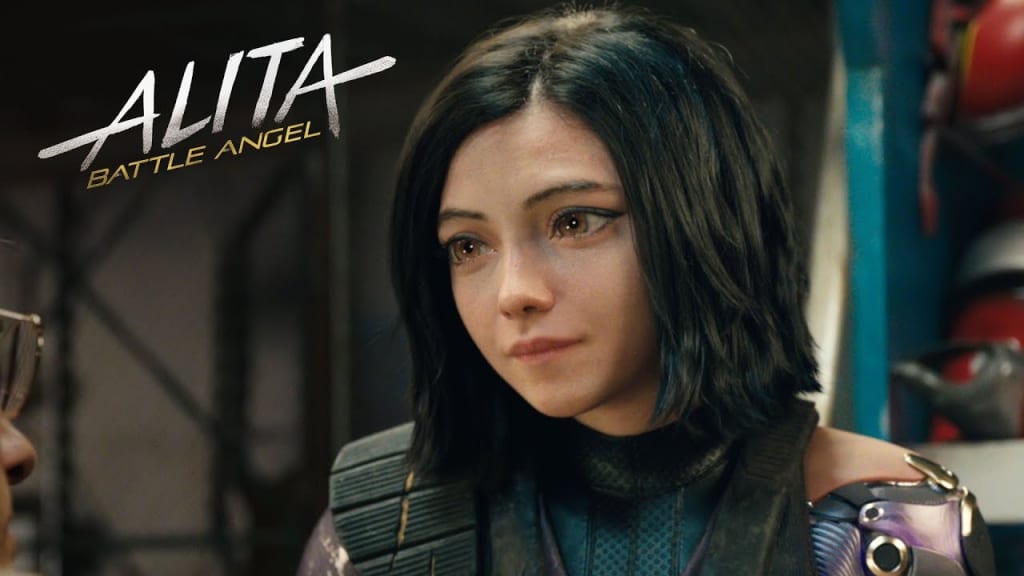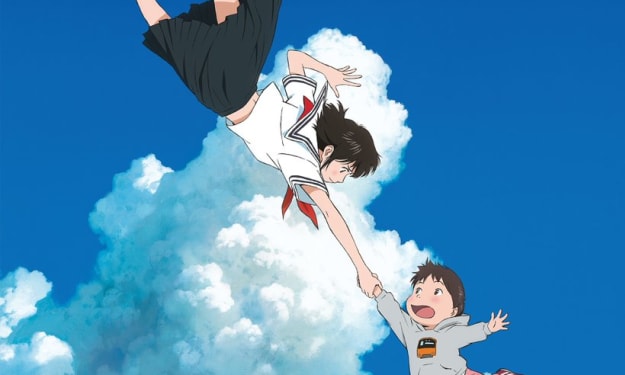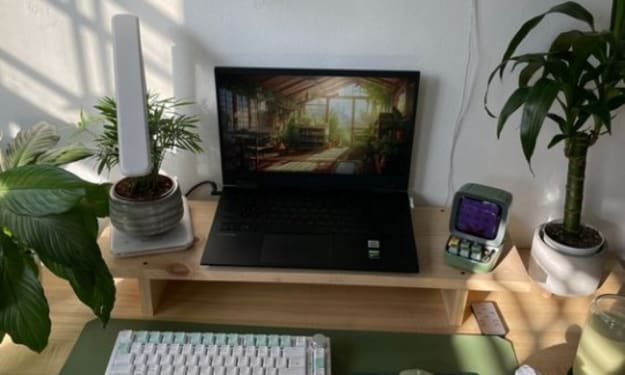
Alita: Battle Angel is the 2019 live action western adaptation of Yukito Kishiro’s manga Battle Angel Alita. The original manga ran from December 1990 to April 1995, with the story being compiled into nine volumes. In the time since, four separate sequels and spinoff stories have also been released. The story was adapted into a two-part OVA in 1993 that was animated by Madhouse with a R rating, and a PlayStation game was also released in 1998.
The manga tells the story of Alita, who was found in the midst of the garbage of Scrapyard by Doctor Ido. Scrapyard is a dwelling that exists beneath the floating city of Tiphares. Ido rebuilds her one piece at a time, and over the course of the story, she evolves from a naive girl to a strong independent warrior as a result of the trials sent her way in the harsh dystopia she lives in. The manga contains a fantastic narrative linked through the nine volumes with distinguishable arcs contained within each volume, fantastic panel work, detailed drawings within the panels, and an incredible amount of heart and gut-wrenching emotion.
Alita: Battle Angel is directed by Robert Rodriguez, with James Cameron acting as a producer. The screenplay was written by James Cameron and Laeta Kalogridis with the help of Cameron’s extensive notes on the film during the time he was still attached to it as director. After over a decade of waiting, it has finally come out.
Rosa Salazar as Alita is without a doubt the standout in the film. As the audience, we see her evolve from the naive bright-eyed girl to the determined warrior we see at the end. Her relationship and chemistry with Christoph Waltz was fantastic, as it was quite believable that they would be a father and a daughter; in fact, the two of them were so good that I completely forgot that it was Rosa Salazar and Christoph Walkz. The remainder of the cast, however, was severely underutilized—Jennifer Connolley and Mahershala Ali being the prime victims of this. Their limited screen time and the thin plot lines assigned to them made them feel as if they were completely one dimensional. Their choices from later on in the film felt as if they were coming out of left field completely contradicting the characters they are playing. From the perspective of the antagonists, it felt as if significant chunks of their narrative were left on the cutting room floor due to time constraints. Finally, the romance subplot in the film felt far more artificial than the anime eyes that were rendered onto Alita.
The narrative of the film was a mess—not because it made no sense, but because it felt as if they crammed three films worth of plot into this one film while managing to setup the sequel at the same time. It made it feel as if this film was the highlight reel of the Alita story, rather than an actual story. Having already read the manga, there were at least three to four volumes worth of story crammed into this one two-hour film. This is a detriment because the solutions to problems presented are not organic, and feels as if our lord and saviour Deus Ex Machina is working his shenanigans offscreen. In addition, the characters seem superfluous in comparison to their manga counter parts, and this makes our attachment to characters quite shallow. As a result, when there is an emotional moment in the film involving one of these characters, the audience does not care.
From the first frame of the film, anyone can see the love that has been poured into this film. The floating city, Scrapyard, and even Bar Kansas, all of it has been painstakingly recreated with a slavish devotion. There are scenes that are ripped directly from the original manga, and as someone who has already read Alita (albeit a while ago), seeing Scrapyard on screen for the first time was emotional, as it felt like a real city that had a history to it that has been lived in. A particular sequence of events from one of the volumes was so faithfully adapted—a sequence which I hold as one of my favourite moments out of all the comics that I have read. However, despite all the effort put into the world, as a result of the weak narrative, these emotional moments fall flat with less than a fraction of the impact the manga had.
The CGI work in this film is stunning. A lot of the CG characters felt photo-realistic. Even Alita’s anime eyes felt completely natural to the setting that I adjusted to it within the opening minute of the film. At no point in the film did I think the world was fake, and that is incredible to think about. This film is a visual feast for the eyes, and even the fight sequences are exciting to watch. The soundtrack by Junkie XL is fantastic, living up to the standard of Junkie XL.
With all that said, this is a film that I do think is worth seeing on the big screen. It is by far the best anime adaptation that we have had so far, and Alita is a visual feast, with a lot of love put into every frame, and there is a lot of fun to be had with this film. Despite all my qualms with the film, it is one that I enjoyed watching from start to finish.
About the Creator
BoblobV2
Writing about anime, and anything else I find interesting.






Comments
There are no comments for this story
Be the first to respond and start the conversation.